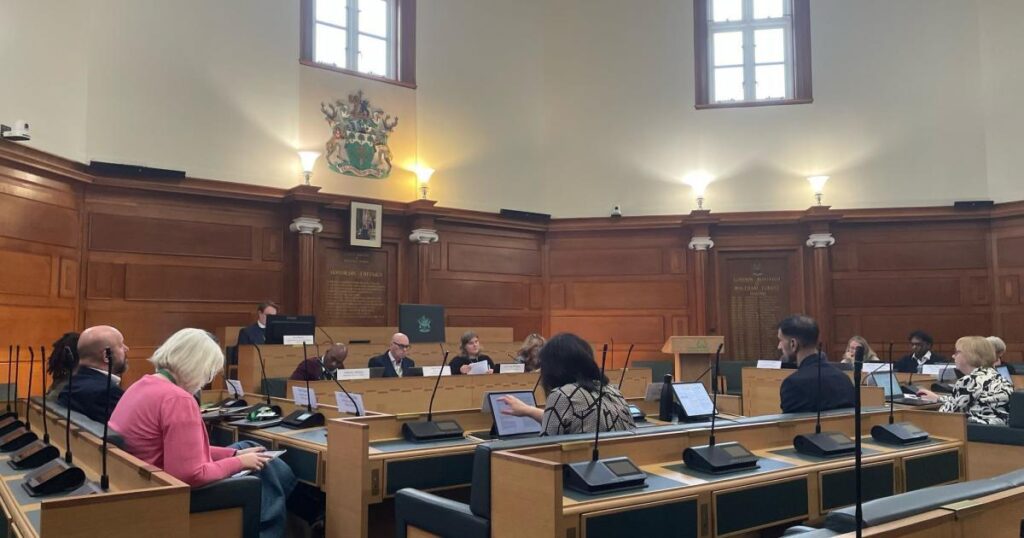Waltham Forest Council’s cabinet, made up of senior councillors, backed the 4.99pc increase at a meeting on February 20.
The new rate will mean residents in an average band D property will pay £100 more over the year.
Grace Williams, leader of the Labour-controlled council, said there was “no responsible alternative” to increasing council tax in order to protect essential services.
Having previously warned of “tough decisions” to come, she said councillors needed to make “really difficult, but responsible, decisions as to how we spend our money in the next year”.
MORE NEWS: ‘Foxes will have a field day’: Pest and stink fears over black bin collection cut
Neighbouring councils will also be raising their tax rates as part of their annual budgets. Redbridge councillors have backed a 4.99pc rise, while Newham Council has proposed an exceptional 8.99pc hike.
A 4.99pc increase is the highest a council can go without a public referendum. It comprises a 2.99pc increase to council, and a 2pc increase to the social care precept.
Finance director Ursula Gamble previously said Waltham Forest’s council tax base was “very important” considering the borough is largely residential and cannot rely as heavily on business rates as inner London boroughs can.
The tax hike is a key part of the council’s 2025/26 budget, which also involves around £23million in cuts and restructures.
At a scrutiny meeting earlier this month, resources director Rob Manning said that the council could be forced to issue a Section 114 notice within “18 months to two years” without taking action.
Section 114 notices are issued when a council has gone effectively bankrupt – when its income falls below the cost of its statutory provisions, such as social care and emergency housing.
The biggest pressure on Waltham Forest Council is temporary accommodation, which is an issue many authorities across London face.
Around 1,590 families are living in hotels and bed-and-breakfast style housing.
Deputy leader Ahsan Khan said there had been an increase in families going into temporary accommodation but a decrease in those leaving. In the most desperate cases, households had been staying there for more than a year.
According to London Councils, a combined £114m is spent each month on housing at-risk residents in hotels and bed-and-breakfast style accommodation.
The council will focus its attention on maintaining its current housing stock over building new homes in the coming year, according to its housing revenue account.
Last month, Labour councillors voted to reduce its council tax support scheme.
Under the new policy, thousands of low-income residents – who currently pay as little as 15pc of their council tax – will pay up to 43pc.
The town hall has also scrapped free parking across the borough, which it hopes will generate more than £1.5m in revenue.
Though the budget has been formally supported by senior councillors, it still needs final approval by the full council. It is expected to be green-lit at a meeting this week.
Any changes to council tax will come into effect on April 1.




